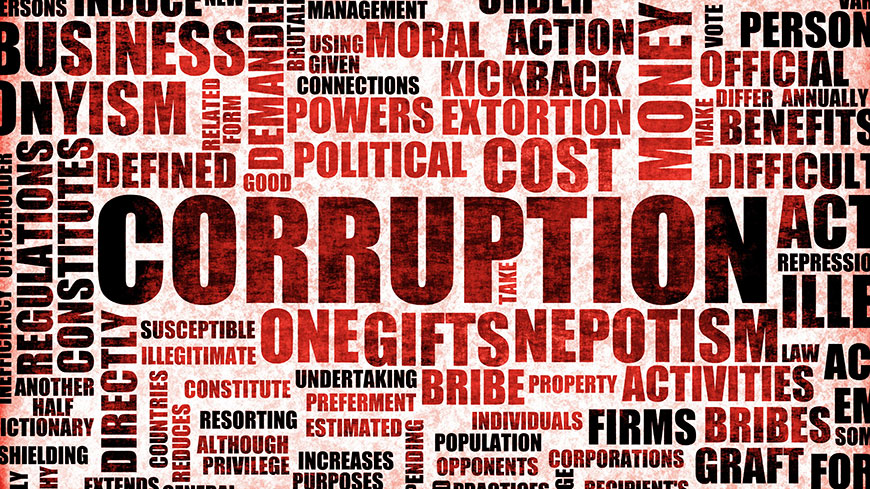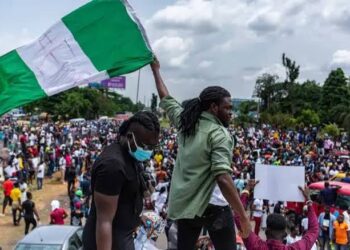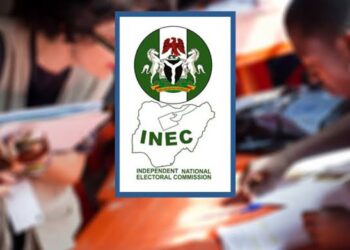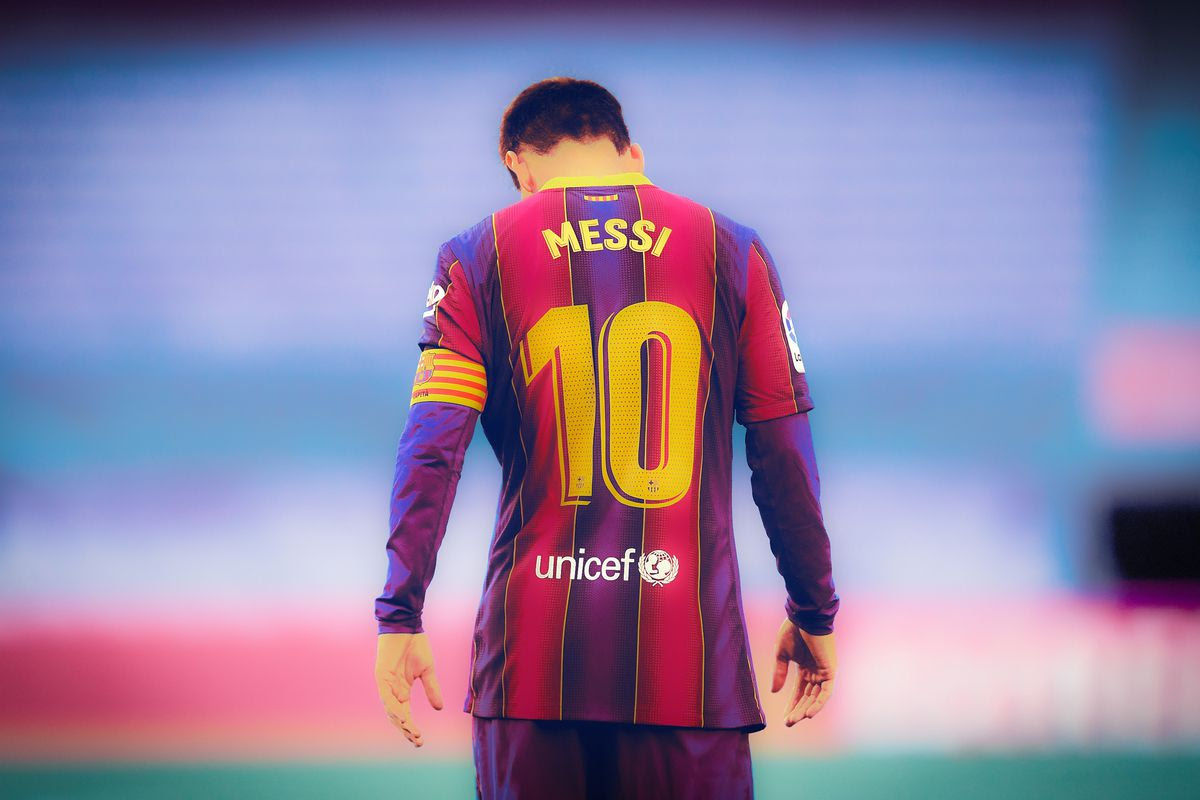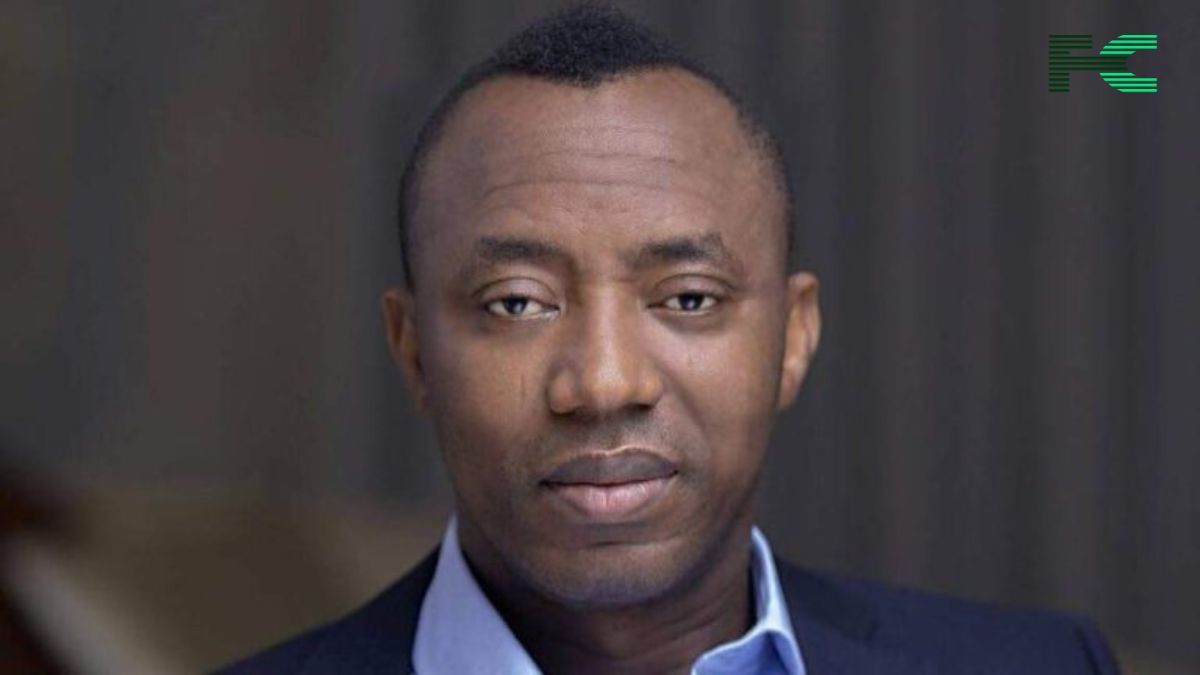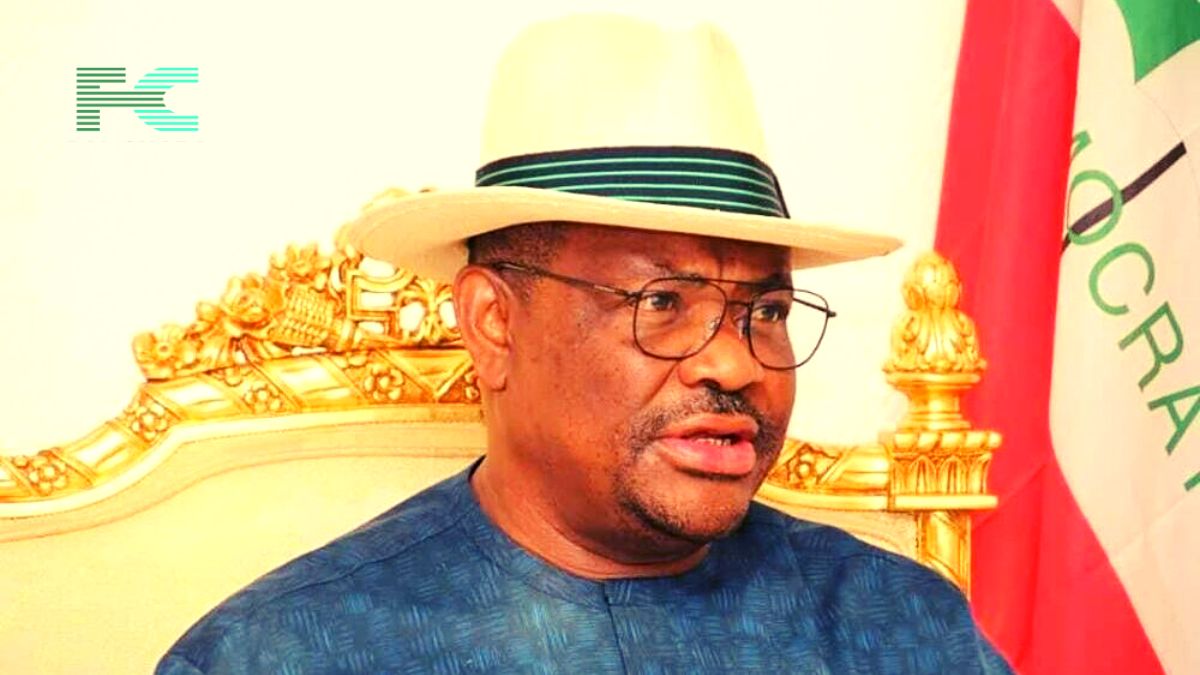In a complicated culture like ours, where religion, ethnicity, and tribe are deciding elements, political corruption is rapacious, accompanied by its host.
The lack of transparency in social, political, and economic spheres hinders the ability of governments to successfully rule effectively.
Politicians have made it the standard for Nigerians, resulting in a nexus between those who profit from it and those who govern it. People often overlook corruption because they believe that as long as politicians perform their jobs properly, their shady dealings will not harm them. In Nigeria, the wound of corruption has eaten deep into the skin and melted into the veins of both followers and leaders.
Because of this demonic standard, previous administrations have had great difficulty combating corruption in Nigeria. With the language of witch-hunts being the rule of the day, fighting corruption has become almost impossible.
Whenever measures are taken to combat corruption, Nigerian politicians and the general public act as co-conspirators, giving it ethnic and religious hues. Due to the fact that Nigerians do not reorientate themselves when they are placed in leadership, they feel that corruption is limited to those in power rather than the higher officials. More often than not, the catalyst for change begins at home. When married couples and their children or wider society are involved, there will be significant change.
Supervisory institutions have a lack of transparency and a loss of control as a result.
The corrupt activities of people in authority or followers include bribes. A bribe might also be offered to a public authority in order to cover up the reality of a situation. With the creation of Nigeria, Nigerian politicians have engaged in large-scale embezzlement and misappropriation of public money totaling to over one trillion naira.

A report in 2001 stated that Nigeria was the second most corrupt country in the world, ranking only below Bangladesh. According to a report in 2019, Nigeria was 146th out of 180 nations assessed, with a total corruption index of 26%.
There is no denying that corruption has plagued Nigeria since the country’s founding. Most previous administrations’ efforts to root out corruption in the nation were ineffective. Corruption may have a detrimental effect on the development of the economy, the expansion of company, the increase of employment, and the influx of foreign investment.
The federal government is a laggard when it comes to developing new laws and programs, since the judiciary is replete with money-grubbing and revenge-seeking justices who sap the people’s faith in their own justice system.
Because of rampant corruption, the legislative arm refuses to approve legislation that might help relieve the load of decrepit infrastructure, as well as fight corruption.
A lot of money that should be utilized for developmental initiatives is being drained into the wallets of a few chosen individuals.
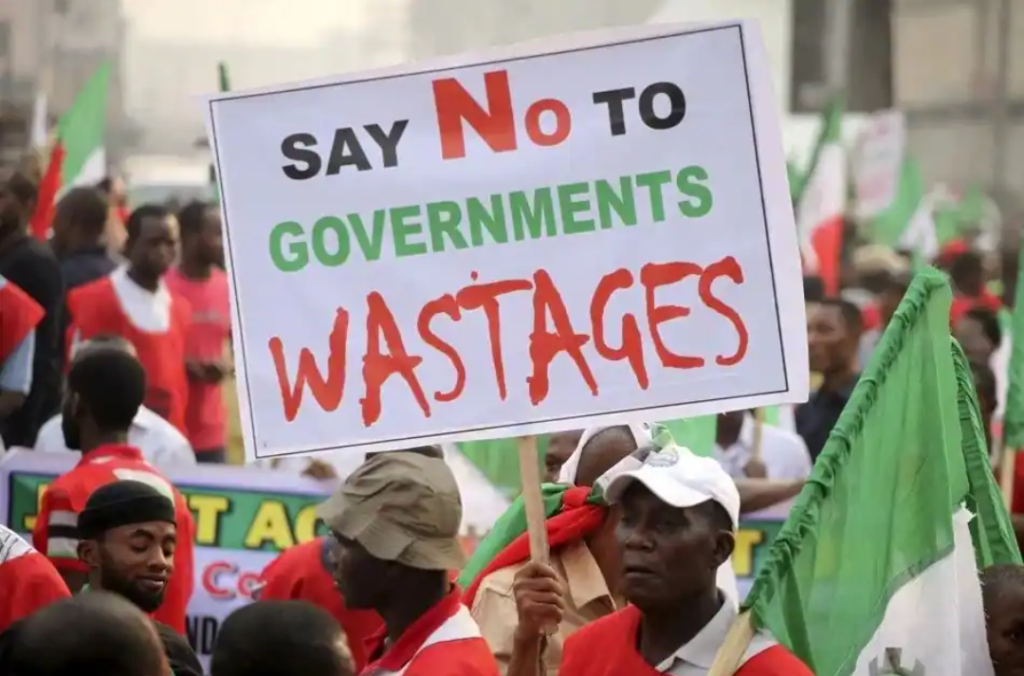
Due to increased tensions and rising rates of crime against the Nigerian state, Nigeria is rapidly slipping towards anarchy. Extravagant budget plans that put focus on increasing security go without scrutiny while vote-counting for much of Nigeria remains in the realm of storytellers.
As the job market becomes more competitive, it has become easier for young people from Nigeria to join Boko Haram, banditry, abduction, yahoo-yahoo, and all kinds of other criminal enterprises.
Nigerians gave their faith and confidence to President Buhari, the president who had lived an “ordinary” life. People believe that only “Sai Baba” could successfully nip corruption in the bud.
Nigeria elected President Muhammadu Buhari in 2015 after the administration of former President Goodluck Jonathan was accused of corruption by the opposition – All Progressives Congress. He promised to fight corruption and yet has failed to keep his promise time and time again.
Politicians assigned to combat corruption are discovered to be themselves guilty of wrongdoing.

